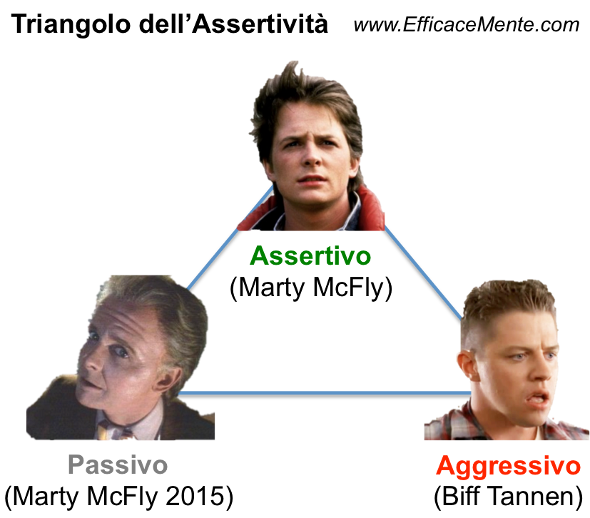
Last update: 10 September, 2019
We are social individuals, we like to please and share experiences with others. But can this need for approval be harmful? Here is one of the characteristic aspects of emotional addiction.
Do we want to please everyone or only those we consider important? Who are these important people in our life? Do they have to approve anything we do?
We invite you to ask yourself these questions and try to answer them. It is one thing to be clear about what you want to do and hope that your loved ones will approve it, another, quite different, is to think that if they do not love you all, then nothing makes sense. The difference is very subtle, but no less important. Read on to understand how all of this affects your well-being!
Emotionally dependent people need, almost exaggeratedly, the affection, attention, and approval of others. They have an irrational fear of loneliness and abandonment, which is why they adopt a subordinate position in their interpersonal relationships. They also have a strong desire for exclusivity and say they cannot imagine their life without their partner.
They have emotional needs that they cannot satisfy on their own, so they pretend to have unhealthy relationships with other people. In other words, feed parasitic and asymmetrical relationships with attitudes and behaviors that respond to a single purpose: that the relationship does not end.
But not all. They seek affection and protection in the other enough to cancel themselves, regardless of the type of relationship they have with that person. They establish very intense and unstable bonds. Of course we all like to feel loved, but we're not willing to do anything to get it, are we?
What is the link between emotional dependence and psychological malaise?
If we are emotionally dependent, it means that if we don't get the immense attention and affection we need, we express irrational doubts about our worth and the esteem that others have towards us, which, of course, affects our self-esteem and emotions.
Here then we experience feelings of rejection, denial and abandonment. So, sadness makes its way into us until we enter a vicious circle of emotional emptiness and chronic dissatisfaction which is very difficult to get out of: depression.
That's not all, the fear of loneliness leads us to do anything to avoid being alone. As a result, the symptoms of anxiety increase. We anticipate things that could happen, we get nervous and we find ourselves in toxic romantic relationships.
Against emotional dependence: self-esteem
As it is easy to imagine, emotionally dependent people have low self-esteem and negative self-opinion. This leads them to seek even more affection and support from others. In other words, to feel good, they need others to approve of them.
The truth is, the only person we spend our entire life with is ourselves. Consequently, it is essential to seek our approval, not that of others. This means that the first person we need to please is us.
People who want more approval get less, and those who need less get more.
Wayne Dyer
But what can we do to love each other more? A very simple exercise is to find something every day that makes us feel good, physically and psychologically. In the beginning it will be difficult to succeed, because we are not used to praising ourselves, but in the long run we will be able to develop a positive affection towards us and we will, therefore, be able to reduce the pathological emotional dependence. Let's learn to love each other then!
Images courtesy of Rebecca Matthews, Adam Jang, and Hope House Press.

























